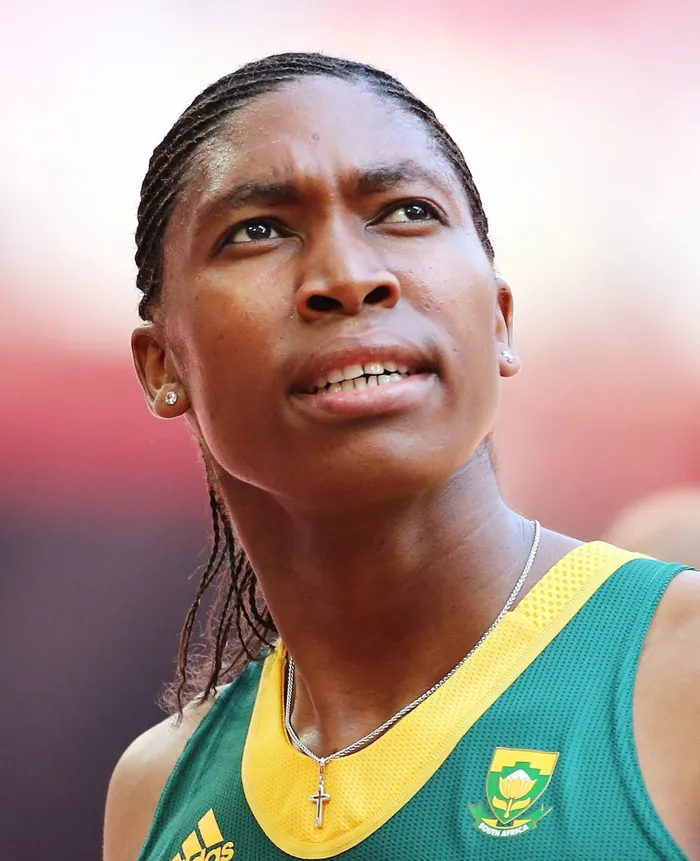
Caster Semenya won in a landmark ruling in Switzerland.
Image: File
The Commission for Gender Equality (CGE) has welcomed the Grand Chamber of the European Court of Human Rights judgment that found that South African Olympian Caster Semenya was denied a fair trial by Switzerland’s legal system.
In a 15-to-two decision, the Grand Chamber ruled on Thursday that the Swiss Federal Supreme Court did not sufficiently review Semenya's appeal. This appeal was against the 2019 decision by the Court of Arbitration for Sport (CAS), which had upheld World Athletics' differences in sex development (DSD) regulations.
This signifies a major turning point in her continuing legal struggle against rules that mandate athletes with differences in sex development to medically change their inherent hormone levels for competitive purposes.
Semenya was awarded €80,000 (about R1.6 million) in legal costs by the court, despite not having sought damages.
This decision, while not directly overturning the DSD regulations, paves the way for further legal challenges and increased scrutiny of how national courts address arbitration decisions concerning fundamental human rights.
Javu Baloyi, spokesperson for the CGE, stated that the commission's monitoring role of international instruments, such as the Convention on the Elimination of All Forms of Discrimination Against Women (CEDAW) and Maputo protocols, is mandated by the CGE Act 39 of 1996, the Constitution of the Republic of South Africa, and the Promotion of Equality and Prevention of Unfair Discrimination Act (PEPUDA).
“The CGE believes that it is important that state parties intentionally commit to eliminating discriminatory practices against women at all levels of society,” he said.
The commission stated that this case was a test of how effective these instruments are and how the courts consider them in the advancement of gender equality.
The CGE has played a critical role in this matter and has further lobbied for support both nationally and internationally, said Baloyi.
“We noted and welcome the judgment as it confirms that a right to a fair trial was infringed. We believe that a fair trial would have vigorously reaffirmed that the regulations are a form of unfair discriminatory practice that violates the right to dignity, equality, and bodily integrity, among others,” said Baloyi.
According to Baloyi, from this ruling, the court succinctly pointed out that the limitation of Semenya's rights is based not on existing law but rather on the regulations of a sporting body..
“Sporting bodies must develop regulations that seek to promote inclusivity and not discriminate unfairly against any person based on their gender.”
Baloyi said the CGE would be engaging Athletics South Africa (ASA), South African Sports Confederation and Olympic Committee (SASCOC), the Department of Sport, Arts and Culture (DSAC), and other stakeholders in ensuring Semenya’s rights and that of athletes with DSD are allowed to participate in sport both locally and internationally are affirmed.
The CGE will continue to heighten activism against the World Athletics regulations that are discriminatory, he added.
“The CGE will draw lessons from this case and continue to influence and determine how to tackle gender discourse at the national, regional, and international levels.”